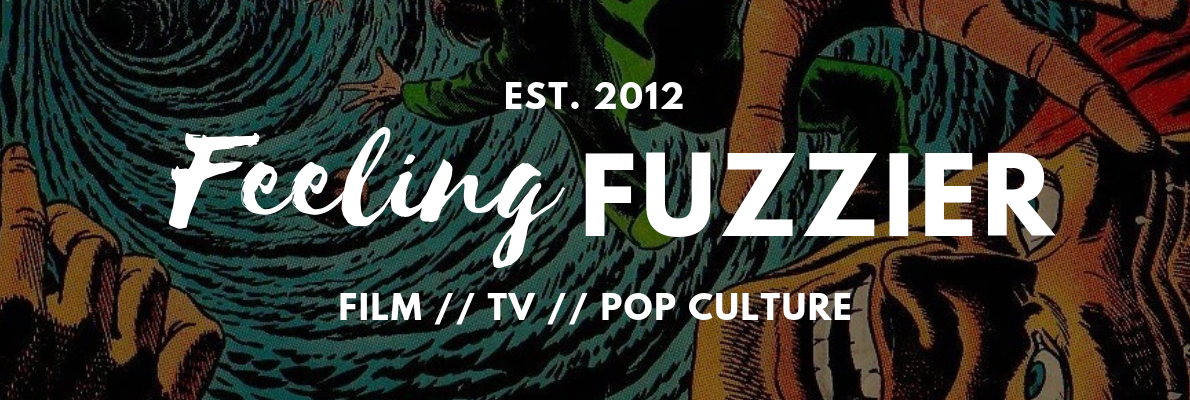With American politics currently in a nosedive, can Adam McKay’s Vice spin a yarn that is stranger and more compelling than the headlines?
 Spanning several decades, Vice charts the inexorable rise of Dick Cheney (Christian Bale), a quiet and methodical civil servant who schemes his way from Yale dropout to vice-president of the United States of America during the controversial George W. Bush (Sam Rockwell) administration. In the wake of 9/11, Cheney tightens his grip from the shadows, manoeuvring himself into a seat of power and changing the face of politics for good.
Spanning several decades, Vice charts the inexorable rise of Dick Cheney (Christian Bale), a quiet and methodical civil servant who schemes his way from Yale dropout to vice-president of the United States of America during the controversial George W. Bush (Sam Rockwell) administration. In the wake of 9/11, Cheney tightens his grip from the shadows, manoeuvring himself into a seat of power and changing the face of politics for good.In the same vein as McKay’s previous film The Big Short, Vice sees the filmmaker wielding a cinematic chainsaw and taking chunks out of his subject matter. Both films take a complex concept or complicated figure and unpack it, stripping away the nuance until we’re left with a blunt instrument – in this case, Vice uses Cheney as a figurehead to illustrate how evil has wormed its way into every nook and cranny of Washington.
From Nixon and Reagan to both presidents Bush, Cheney's strategic machinations behind closed doors laid the groundwork for the divisive discourse currently setting Washington aflame, and McKay isn't shy in clobbering the audience over the head with this point over and again. The film's parting shot will be divisive – McKay turns his criticism from the establishment to the viewing public, attacking them for letting it happen, and allowing popular culture to obscure their view of politics in the wake of 9/11.
This venomous epilogue sits in stark contrast to the rest of the film, which for the most part chronicles George W's administration with the right balance between biting satire and tongue in cheek.
Rockwell steals the show with an exaggerated portrayal of W's dimwittedness, while Steve Carrell's take as Donald Rumsfeld is great. Amy Adams is lumbered with the thankless task of playing Cheney's equally power-hungry but backgrounded wife Lynne. It's Bale who sits front and centre, his beady eyes saying a lot as they survey each scene. It's without doubt up there with some of his best work, which is saying something.
On the nose and abrasive, Vice is a film fuelled by the sheer anger and outrage of its director. Arguments over whether or not it humanises its subject are a moot point – Cheney was indeed a human, and an ugly and evil one at that. McKay makes it very clear using the most obvious metaphor imaginable. Whether or not you sympathise with the former is another matter.
For me, I find it hard to critique a film like this – I knew next to nothing about Cheney beforehand, so even in the parts that weren't great I still felt like I was learning something. But for most of his audience, McKay will be preaching to the converted. Whether or not they will gel with this blunt instrument of a film remains to be seen, as often the film feels too preoccupied with flashy gimmicks and meta jokes to truly get under the skin of its lead character.
The Verdict: 8/10
Somehow too clever for its own good and bereft of subtlety, Vice veers from wildly entertaining to lashing political discourse, sometimes in the very same scene. Imperfect just about covers it, but I would rather watch a million films like Vice than another bland as white bread biopic that gives us every beat without doing anything daring.
Vice is in cinemas across Australia from tomorrow.



No comments:
Post a Comment